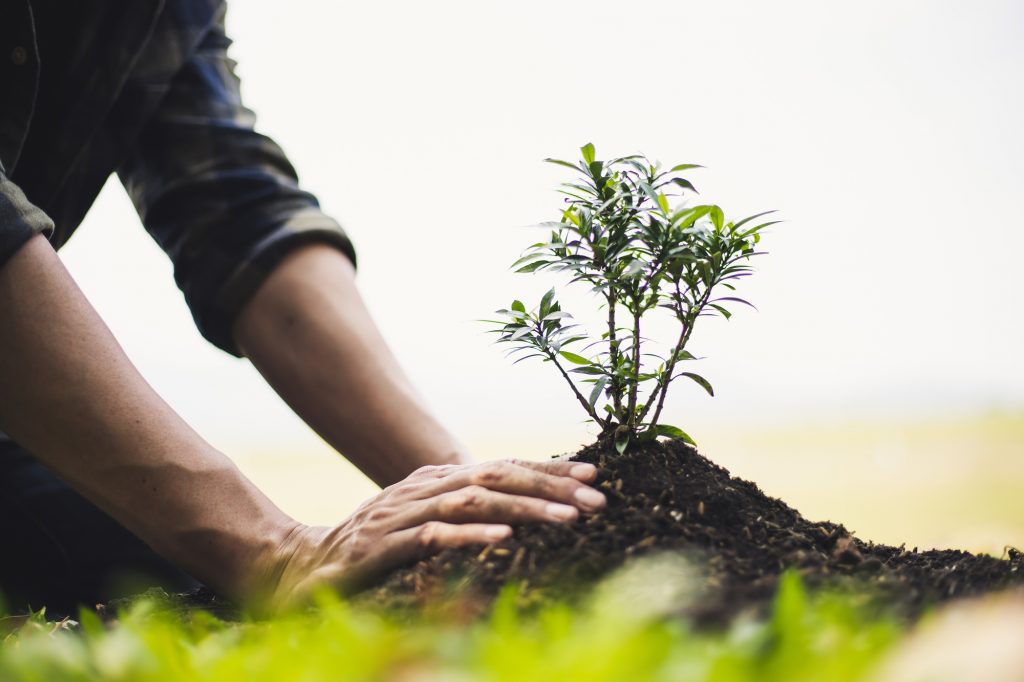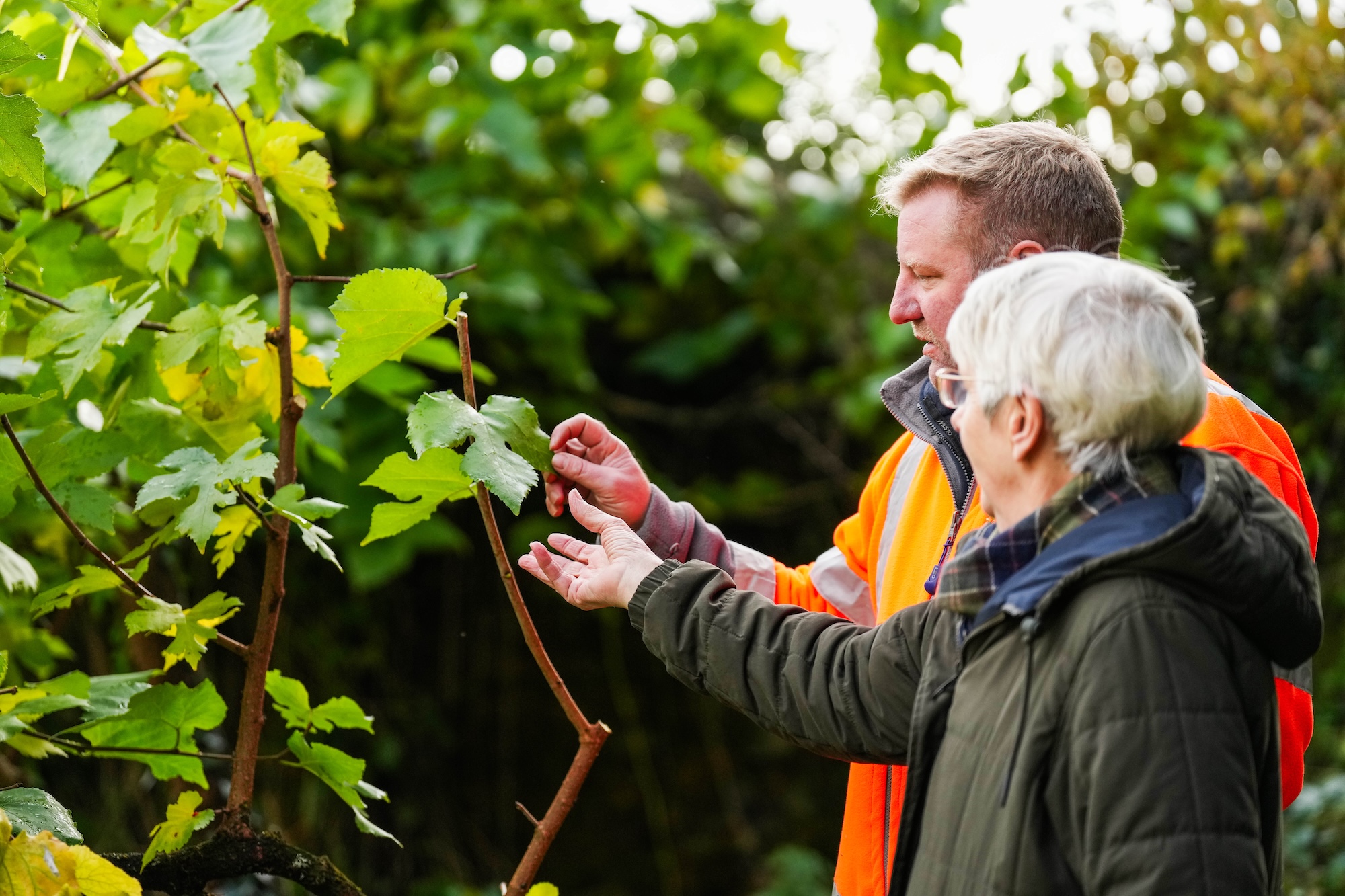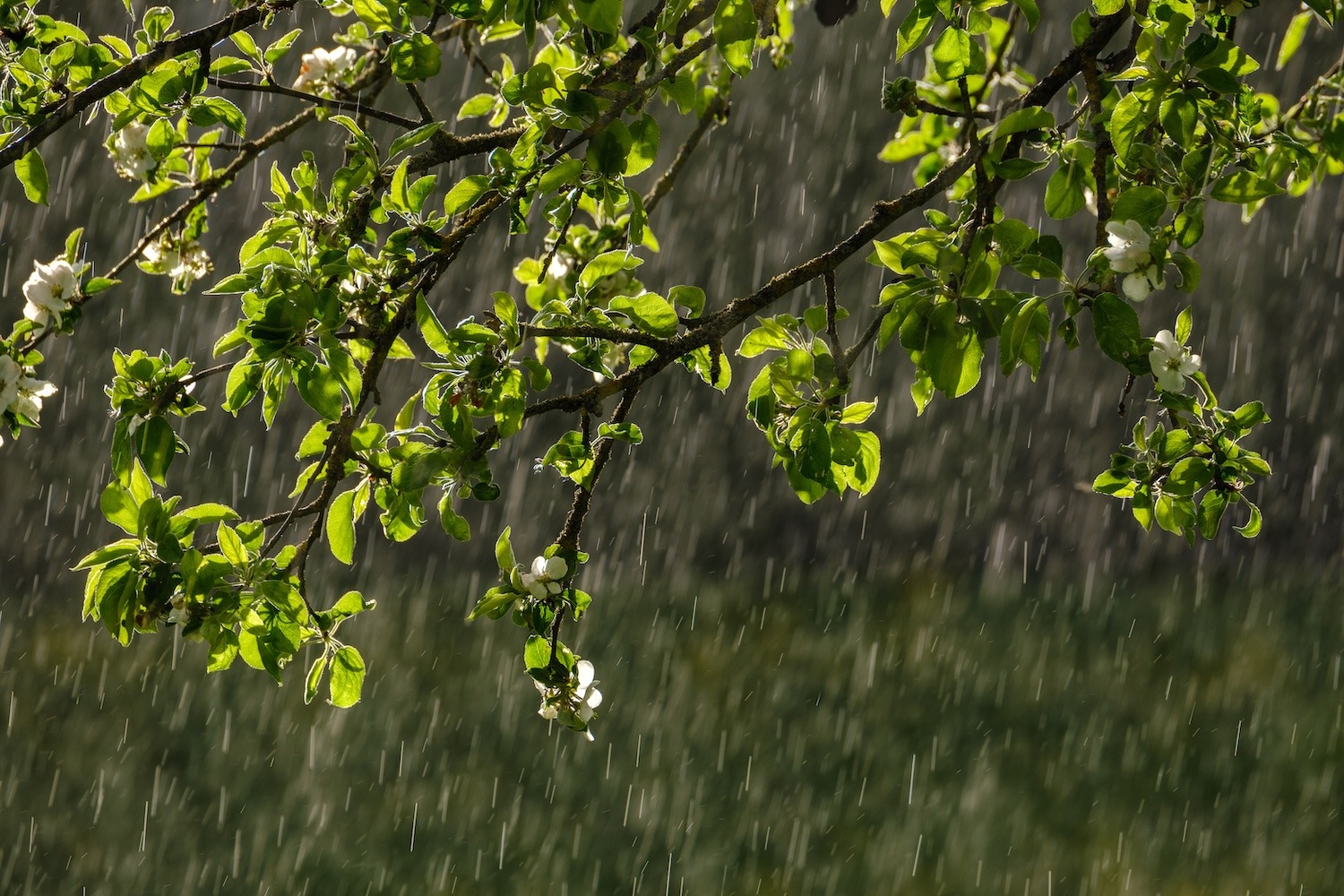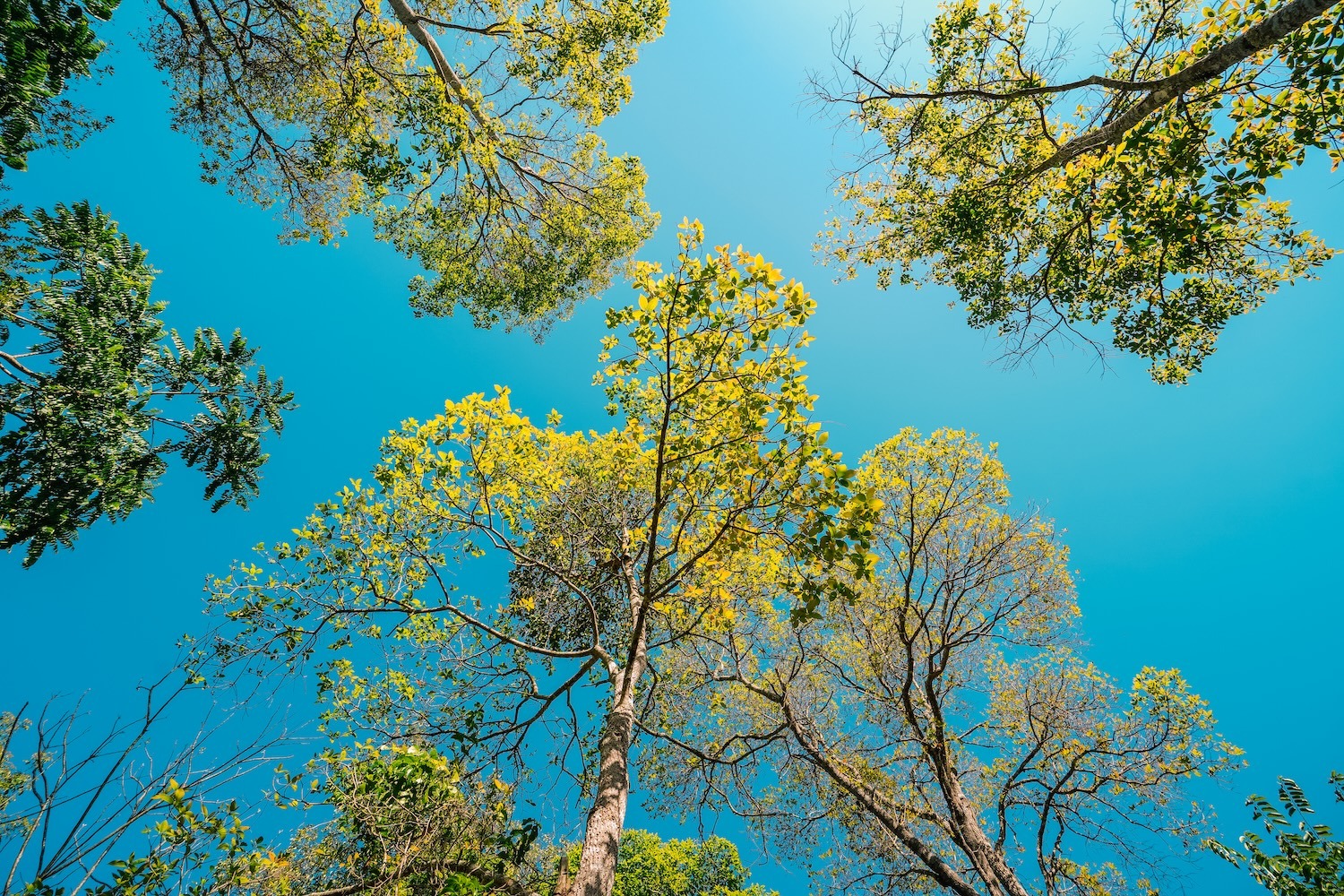How Tree Planting Can Help Offset Environmental Impact and Improve Biodiversity
Tree planting is widely recognised as a key tool in restoring ecosystems, supporting biodiversity, and improving the resilience of our landscapes. Across Devon, tree planting projects—when designed and implemented correctly—can enhance soil stability, reduce flooding risk, improve local air quality, and create valuable wildlife habitats.
However, while tree planting offers a wide range of environmental benefits, it’s important to understand its limitations—particularly around carbon offsetting—and to ensure that every scheme follows the principle of “the right tree in the right place.”

Why Tree Planting Still Matters in Devon
Devon’s landscape is under pressure from development, climate change, and habitat loss. As a result, well-planned tree planting remains one of the most practical ways to restore ecological value to land that has been degraded, cleared, or underused.
When approached professionally, tree planting in Devon contributes to:
- Restoring wildlife corridors and habitat structure
- Reducing surface water run-off and localised flooding
- Stabilising soil and reducing erosion
- Enhancing local green infrastructure and amenity value
- Supporting long-term environmental goals, including Biodiversity Net Gain
The government has also set a national target to increase woodland cover in England from 14.5% to 16.5% by 2050, supporting broader commitments to climate adaptation and habitat recovery.
Understanding the Limits of Tree Planting for Carbon Offsetting
There’s a common misconception that any tree planting project automatically offsets carbon emissions. While trees do capture and store carbon through natural growth, not all planting qualifies as verified carbon offsetting.
To generate verified carbon credits:
- The planting scheme must be designed, registered, and audited under schemes like the Woodland Carbon Code (WCC).
- There must be long-term monitoring, permanence, and evidence that the carbon captured is additional to business-as-usual.
- Only specific species, densities, and management methods qualify for verified offsets.
At Devon Tree Services, we offer environmentally responsible tree planting, but we do not claim or sell verified carbon credits unless projects are registered through approved offset schemes.
What Tree Planting Can Contribute To
Although most projects won’t generate carbon credits, tree planting still contributes meaningfully to:
- Ecological restoration – especially when native species are used
- Flood mitigation – improving infiltration and slowing surface run-off
- Soil health – supporting microbial activity and preventing compaction
- Biodiversity Net Gain (BNG) – contributing to required uplift in habitat value for development
- Green infrastructure planning – supporting planning frameworks and community spaces
- Long-term landscape resilience – improving shade, cooling, and urban microclimates
For developers and landowners, these benefits can support planning applications and environmental policy goals, even if they don’t qualify as carbon offsetting.
Biodiversity Net Gain and the Role of Tree Planting
Under new legislation in England, most developments must now deliver a minimum 10% Biodiversity Net Gain (BNG). This means habitats lost through development must be replaced or enhanced so that the ecological value of the site is measurably improved.
Tree planting can support BNG targets if:
- It creates or enhances priority habitats
- Native or locally appropriate species are used
- The planting is maintained and monitored over at least 30 years
- It’s part of a wider habitat strategy backed by ecological evidence
We work with developers and consultants to design tree planting schemes that contribute meaningfully to BNG calculations while aligning with site constraints and ecological targets.
Right Tree, Right Place
Not all tree planting is beneficial—especially when inappropriate species are planted in unsuitable locations. We follow the principle of “right tree, right place” to ensure long-term success and value.
Key considerations include:
- Species selection based on soil type, exposure, drainage, and local ecology
- Favouring native and locally appropriate species for maximum biodiversity benefit
- Avoiding monocultures or fast-growing species with limited ecological value
- Considering future maintenance needs and mature canopy size
- Aligning with local planting schemes or habitat restoration plans where possible
Correct species and site matching not only improves biodiversity but also reduces long-term management costs and failure rates.
Soil, Water and Ecosystem Services
Tree planting improves more than just wildlife habitat. It plays a key role in:
- Reducing surface water flooding by increasing water infiltration and slowing run-off
- Improving water quality by filtering pollutants and reducing sediment transport
- Enhancing soil stability on slopes or erosion-prone land
- Boosting pollinator populations through flowering native species
- Providing shade and cooling in urban and semi-urban areas, reducing heat island effects
These benefits are supported by a wide range of environmental studies and contribute to both ecological and human wellbeing.
Tree Planting Services We Offer in Devon
At Devon Tree Services, we support a range of planting schemes, including:
- Individual specimen trees for domestic and estate gardens
- Native hedgerow planting for boundaries and wildlife corridors
- Urban tree pit installations
- Woodland creation and reforestation projects
- Planning-condition replanting and offsetting
- Developer planting schemes aligned with BNG and planning requirements
Every project is planned and delivered by qualified professionals with knowledge of species selection, planting conditions, and long-term site management.
Summary: Tree Planting Done Properly
Tree planting is not a one-size-fits-all solution—but when done professionally, it has the power to improve biodiversity, support ecological resilience, and reduce environmental impact for decades to come.
We do not claim every tree planted offsets carbon emissions, but we do ensure every scheme is designed with purpose, rooted in best practice, and tailored to maximise its ecological and landscape value.
Start Your Tree Planting Project in Devon
Whether you’re restoring habitat, responding to planning requirements, or looking to improve the environmental value of your land, we’re here to help.
Devon Tree Services offers bespoke planting plans, species selection advice, and complete installation services. We can also assist with BNG contributions, habitat design, and local authority liaison.
To book a site visit or discuss your project:
Phone: 01803 814126
Email: info@devontreeservices.co.uk



